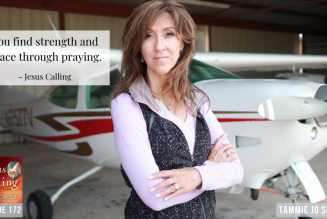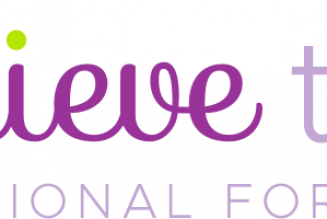
How’s your prayer life? On a scale of 1 to 10 from non-existent to stellar how would you rate it? I bet most charitably argue for a 6 to 8. Few might place them self in a 9 or 10.
Rating myself honestly, I am a solid 3. I know. That’s a low score! But let’s be honest. We live in a world of distraction. If we give ourselves to prayer for a cumulative 30 minutes a day, then that might be a good day. Think about it. Do you think you pray for 30 minutes a day? Okay, now compare yourself to a Jonathan Edwards or George Whitefield: two men who gave themselves to prayer for 2 to 4 hours a day. True, these guys are probably not the norm. But still, I imagine that people prior to TV, computers, and e-mail gave themselves to private prayer much more than we do.
As I reflect on my prayer time, there are many obstacles to get past before I even get into my closet to pray. Here are four prayer killers and how I’ve been learning to keep them at bay:
Toys
I’ve got a lot of toys that threaten my prayer time. I’ve got my smart phone, my TV, and my gaming console to name a few. All of these contend for time. They beckon when I am most free for prayer.
For instance, I recently had to wait outside a coffee shop for 5 minutes before it opened. Instinctively, I reached for my phone to pass the time, but then I suppressed the urge by refreshing two Scriptures to mind: Romans 12:12 “Be constant in prayer” and 1Thessalonians 5:17 “Pray without ceasing.”
Clinging to these verses develops an attitude that gravitates towards prayer, especially in the gaps. Don’t give up on this discipline; persevere in it; keep returning to prayer. When prayer comes to the forefront of your life, you’ll carve out even more time for the discipline.
Trials
Each person navigates trials in life. You might lose your job, come down with an illness, have unexpected expenses, or experience loss. Trials can take your prayer life towards a dead end, but trials can also cause your prayer life to flourish. What determines the path you take your prayer life when you face a trial?
An indelible link is found in James 1:2-5. Trials are testings that press the one under trial into God for wisdom. Fundamentally, the path you take is determined by the posture you take to God. The foolish or prideful will head down a dead end path. The wise and humble will seek after God. When you face a trial, set your heart upon God. Run to him, and run to him in prayer.
Constancy
It might seem like a strange word to use here. But the truth is, sometimes we don’t pray because we just don’t believe anything will change. It can lead to despair from a feeling of hopelessness about this. Perhaps it’s a broken relationship that seems too far-gone to mend, or your financial hole keeps getting deeper, or your health is failing. Despair over the constancy of persistent life problems can be a prayer killer.
To thwart this obstacle, cling to Gods’ promises. Psalm 119 talks about the promises of God over a dozen times. For example, Psalm 119:116 say, “Uphold me according to your promise, that I may live, and let me not be put to shame in my hope!” This psalmist clung to Gods’ promises in the midst of affliction, anxiety, and danger. His cries to God permeate with hope in Gods’ promises.
To win the bout with constancy, hide Scripture in your heart that proclaims the good promises of God. Meditate on His Word during those times when you are most prone to despair.
Control
Prayer is a declaration of helplessness. It is saying that we are dependent on someone else – God. Since many people equate helplessness with weakness, they just won’t pray. That’s because deep down inside each of us is a desire for control. Control is comfortable and safe. But in reality, none of us have it, though we wish we did.
I love what Gordon D. Fee says about prayer in his comments on 1Thessalonians 5:17 in his commentary, The First and Second Letters to the Thessalonians. “Continual prayer is the ongoing reminder that God’s children are always and wholly dependent on their heavenly Father for all things” (215).
If you want to overcome the obstacle of control, you have to release your need for control. Recognize God’s sovereignty over all things and trust Him to bring the contours of your life in line with his providential concerns. Just as Fee alludes, the more you pray, the less you will seek control. And the less you seek control, the more you will pray. Release control by becoming dependent on God through prayer.
These are not the only obstacles to prayer. But they’re four big ones I face most often. What about you? Can you relate to these? What other obstacles to prayer do you face and how do you overcome them?
Joey Cochran, a ThM graduate of Dallas Seminary, is the church planting intern at Redeemer Fellowship in St. Charles, Illinois under the supervision of pastor Joe Thorn. You can follow him at jtcochran.com or @joeycochran.










